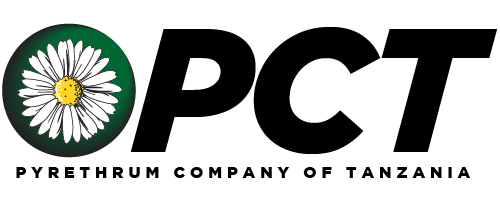Your customer often does not think of bird control until the problem reveals itself. The most obvious problem birds can cause is the unsightly presence of droppings that accumulate when they gather. Birds can be harmful to more than a building’s image. Their droppings and debris can transmit more than 60 diseases, including salmonella, meningitis and encephalitis, as well as respiratory ailments such as histoplasmosis and cryptococcosis. As pest management professionals it is our job to educate our customers.
There are hundreds of products designed to address specific issues. Most customers attempt to solve the problem themselves by purchasing a low cost and easy visual deterrent like a plastic owl. Approach your customer the right way. Try not to be derogatory, telling them they wasted their money on that plastic bird. We have all seen a picture of a plastic owl decoy covered in bird feces with a pigeon on its head. Remember as a pest management professional education is always the best option. Visual bird deterrents are only successful when they create so much fear that pest birds are willing to leave behind any food, water, or protection found on the site. Falcons generally eat other birds, such as small songbirds, medium-sized birds such as rock pigeons, or even larger birds such as ducks and waterfowl. Hawks and owls typically prey upon ground dwelling mammals such as mice, voles, rats, squirrels, and rabbits. So because the owl is mostly a night time hunter and mainly feeds on ground dwelling mammals the type of bird causing your customer problems has probably never seen an owl and will not consider it a threat for long.
If your customer is committed to deterring birds with a plastic owl help them with a few tricks to make the owl more effective. Place the owl in a tree or some other natural setting. Owls don’t like to be seen, so the sight of one perched on a ledge or rooftop is a dead giveaway. Change the owl&’s position every few days. An owl that stays in the same place for weeks on end is another dead giveaway. Non-moving plastic owls are ineffective, that&’s why there are rotating and screeching owls. Through education the customer will come to realize that bird control is not as easy as putting a plastic owl on the dumpster fence line and will rely on your knowledge to help solve the problem.
Thomas (Tommy) Powell joined MGK Insect Control Solutions as a Technical Field Specialist in 2016. He received his B.S and M.S. degrees in Urban Entomology from the University of Florida. Prior to working at MGK, Tommy worked sixteen years in the pest management industry. He worked as Technical Director for three top 100 pest control companies. He also held the position of Branch Manager for one of those companies for five years. That experience in operations changed his perspective on the pest management industry, as he realized the value of strong training programs for operators. In 2016 Tommy joined MGK’s Technical Team where he currently works on internal projects, training, field testing and customer support. This role gives Tommy the opportunity to pursue his passion for teaching and training in pest control.
